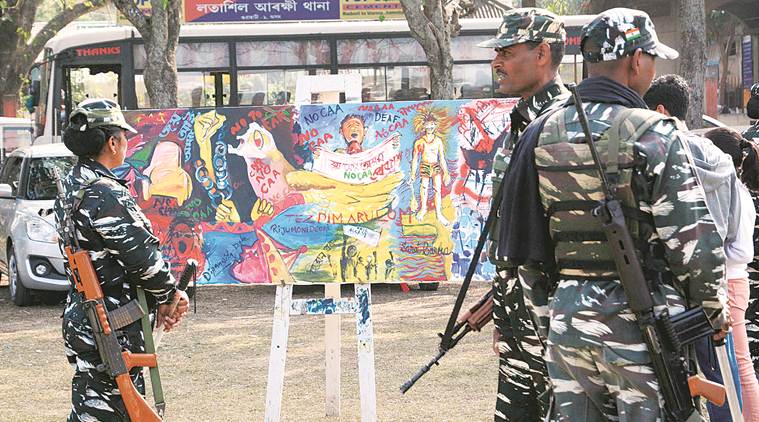
Photo for representation only.
Chandigarh, January 29
Punjab Chief Minister Amarinder Singh on Wednesday underlined the need for high-end equipment for security forces to detect drones used by Pakistan to smuggle weapons into the border state.
The issue was discussed during a meeting convened by the CM with Congress MPs from both the Houses and to discuss budget proposals for the next fiscal and issues pending with the Centre, a government statement said.
On the Sutlej Yamuna Link Canal issue, Singh asked the MPs to push for amendment in the Inter-State River Water Disputes (Amendment) Bill 2019, pending in Rajya Sabha, to protect Punjab’s water resources, it said.
The Bill seeks to expedite and streamline resolution of inter-state water disputes through a single central tribunal instead of the existing numerous ones.
The linking of the Sutlej and Yamuna rivers through a canal has been a contentious issue between Punjab and Haryana. Punjab wants a reassessment of the volume of water in Ravi and Beas rivers while Haryana seeks completion of the SYL canal to get its share of 3.5 million acre feet of the river waters.
Last week, an all-party meeting in Punjab called for a new tribunal to assess river water availability. Saying that Punjab does not have surplus water, the parties urged the Centre to ensure that the river water from the state is not transferred to non-basin areas.
During the meeting, the CM also expressed concern over the increase in activities by the Pakistani spy agency ISI near the borders and reiterated the need for developing infrastructure that can detect various kinds of drones.
Singh said he had written to the Ministry of Home Affairs back in August 2019, when the first instance of use of suspicious drones came to light.
A GPS-fitted drone was detected to have dropped weapons and money in August last year. Earlier this month, Punjab Police found two drones used for smuggling drugs from Pakistan.
During the meeting, it was also decided that Punjab Congress MPs would urge the Centre to immediately lift food grains from the state in the wake of shortage of storage facilities and tardy procurement of wheat and rice by central agencies.
The statement said 140 lakh metric tonnes of wheat and 95 LMT of rice belonging to the central pool are currently stored in the state.
As much as 70 LMT of wheat is lying in the open (covered area plinth), including 16 LMT wheat purchased under relaxed specifications (URS) during 2019-20 and 10 LMT wheat procured in 2018-19.
The MPs urged the Punjab CM to approach the prime minister over the Commission for Agriculture Costs and Prices’ reported recommendation to review MSP policy, dubbing it a “serious threat” to the state’s farmers.
Any change in minimum support price procurement policy will adversely impact Punjab’s economy, they felt, expressing the fear that the Centre would limit procurement as the first step towards putting an end to MSP purchase.
Punjab Congress chief Sunil Jakhar said all MPs should take up in Parliament the issue of the delayed SGPC elections “to break the stranglehold of the Akalis”. The tenure of the current SGPC ended in 2016. — PTI

























































































































